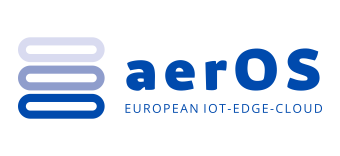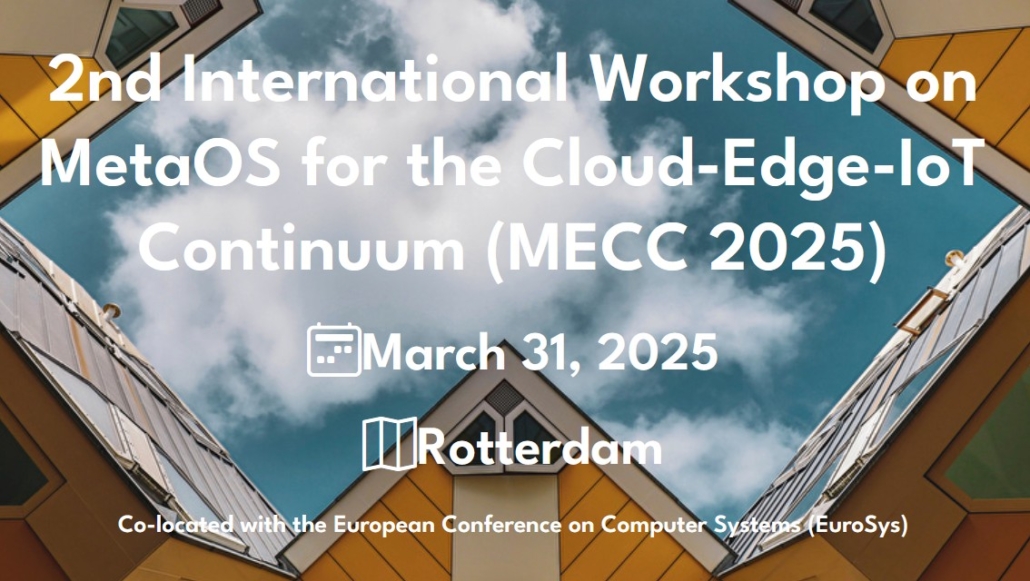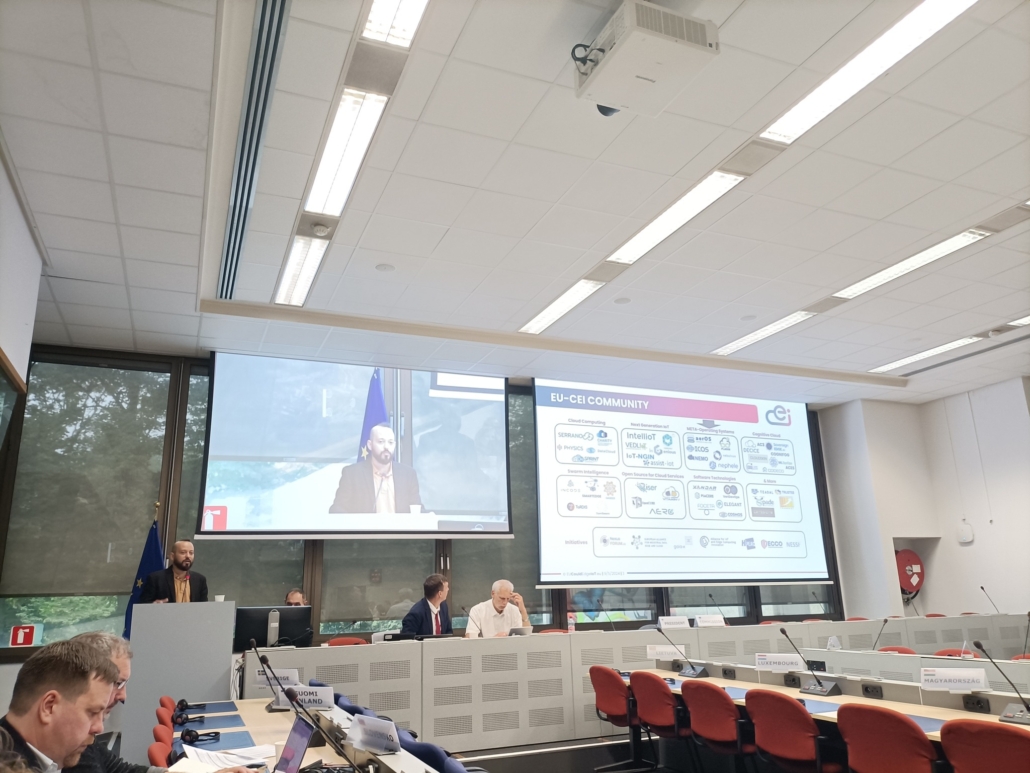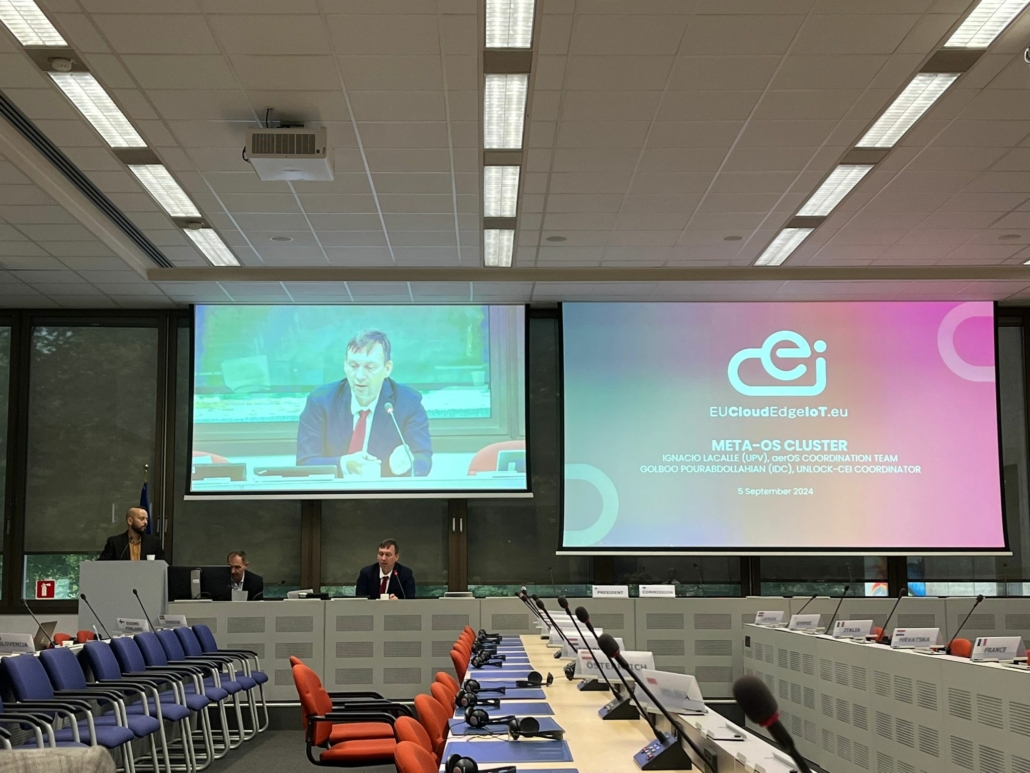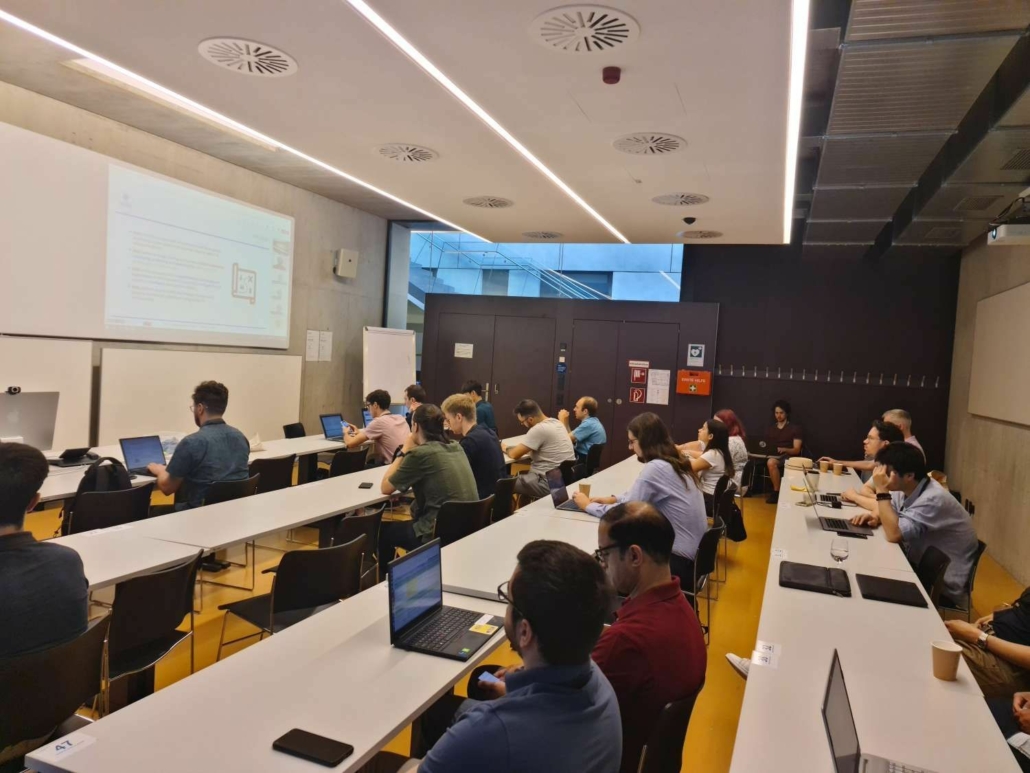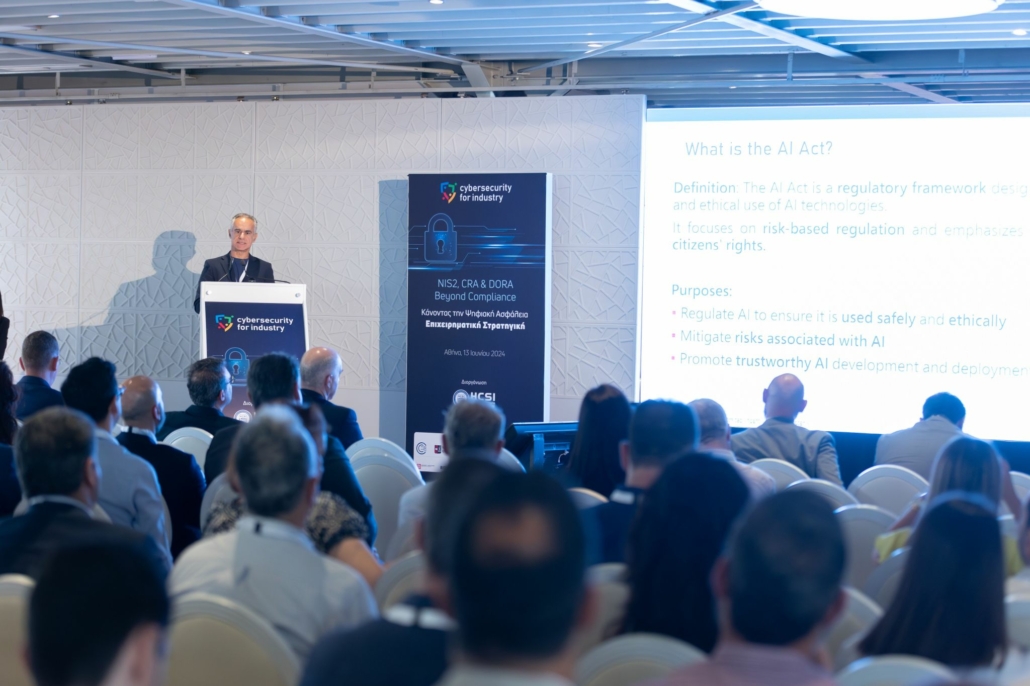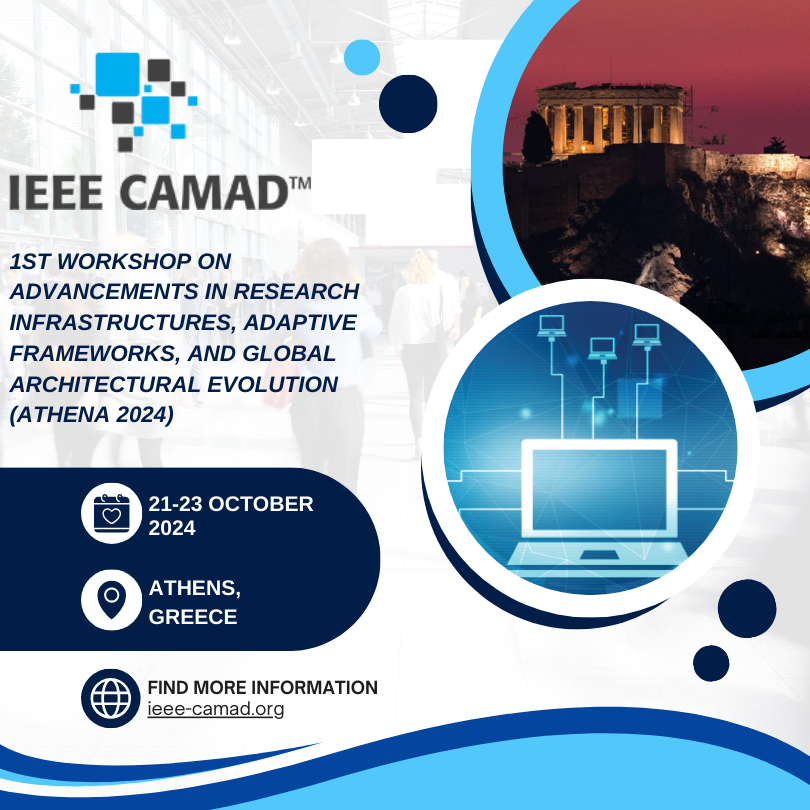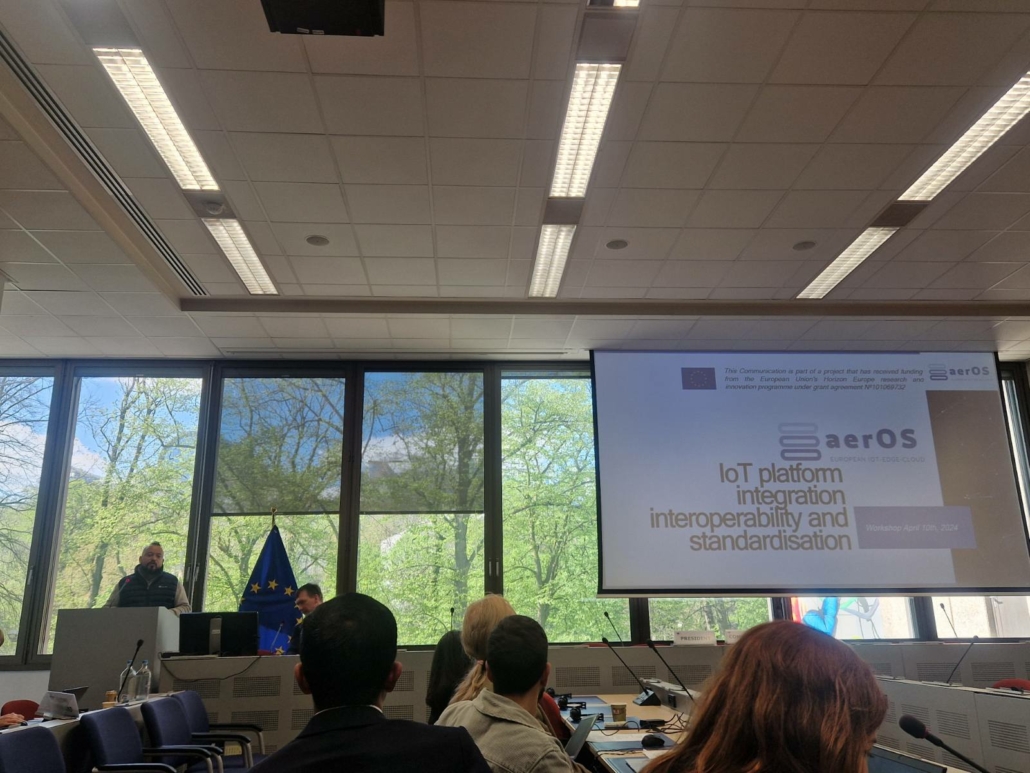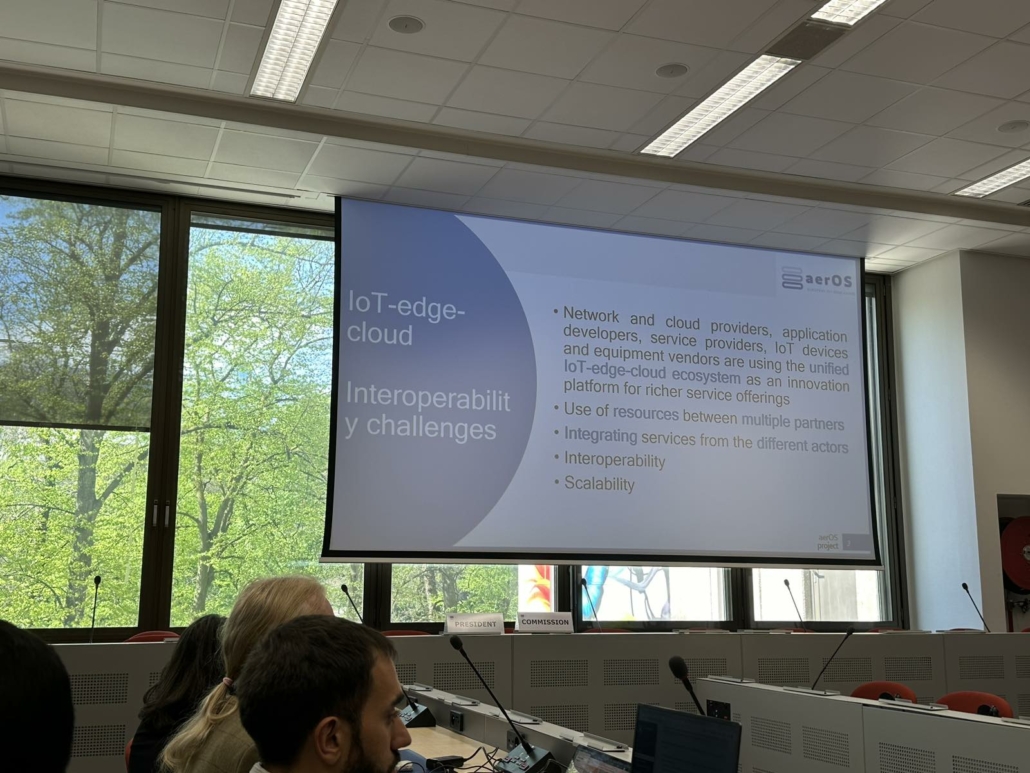2nd Edition of ATHENA WORKSHOP
Empowering 6G Networks: 2nd Workshop on Advancements in Research Infrastructures, Adaptive Frameworks, and Global Architectural Evolution (ATHENA 2025)
The ATHENA 2025 workshop focuses on the pivotal advancements required for 6G networks to become a reality. The core themes revolve around research infrastructures, adaptive frameworks, and the architectural evolution of future communication systems.
The motivation behind ATHENA 2025 is to provide a dedicated venue where experts can discuss next-generation testbeds, AI-driven network adaptability, and global connectivity solutions that transcend traditional network paradigms. With 6G expected to introduce ultra-low latency, AI-native architectures, and seamless integration of terrestrial and non-terrestrial networks, this workshop will serve as a vital forum to address technical challenges and propose groundbreaking solutions.
ATHENA 2025 complements the IEEE SDN/NFV 2025 conference by exploring how the softwarization of networks, virtualization techniques, and AI-driven optimizations will shape the transition to 6G. By bringing together academia, industry, and policymakers, this workshop fosters collaboration on key innovations driving the evolution from 5G to 6G.
The IEEE International Conference on SDN/NFV 2025 invites researchers, practitioners, and industry experts to submit their original contributions to the workshop titled “Empowering 6G Networks: Workshop on Advancements in Research Infrastructures, Adaptive Frameworks, and Global Architectural Evolution.”
Important Dates: (tentative)
– Paper Submission Deadline: 14/7/2025
– Acceptance Notification: 1/8/2024
– Camera-Ready Submission: 8/8/2024
The workshop authors/presenters shall perform a full conference registration, while the participants shall perform 1-day registration if they are planning to attend workshops organised in the same day or a full conference registration for attending workshops organised in different days.
The workshop is co-organised by aerOS project
